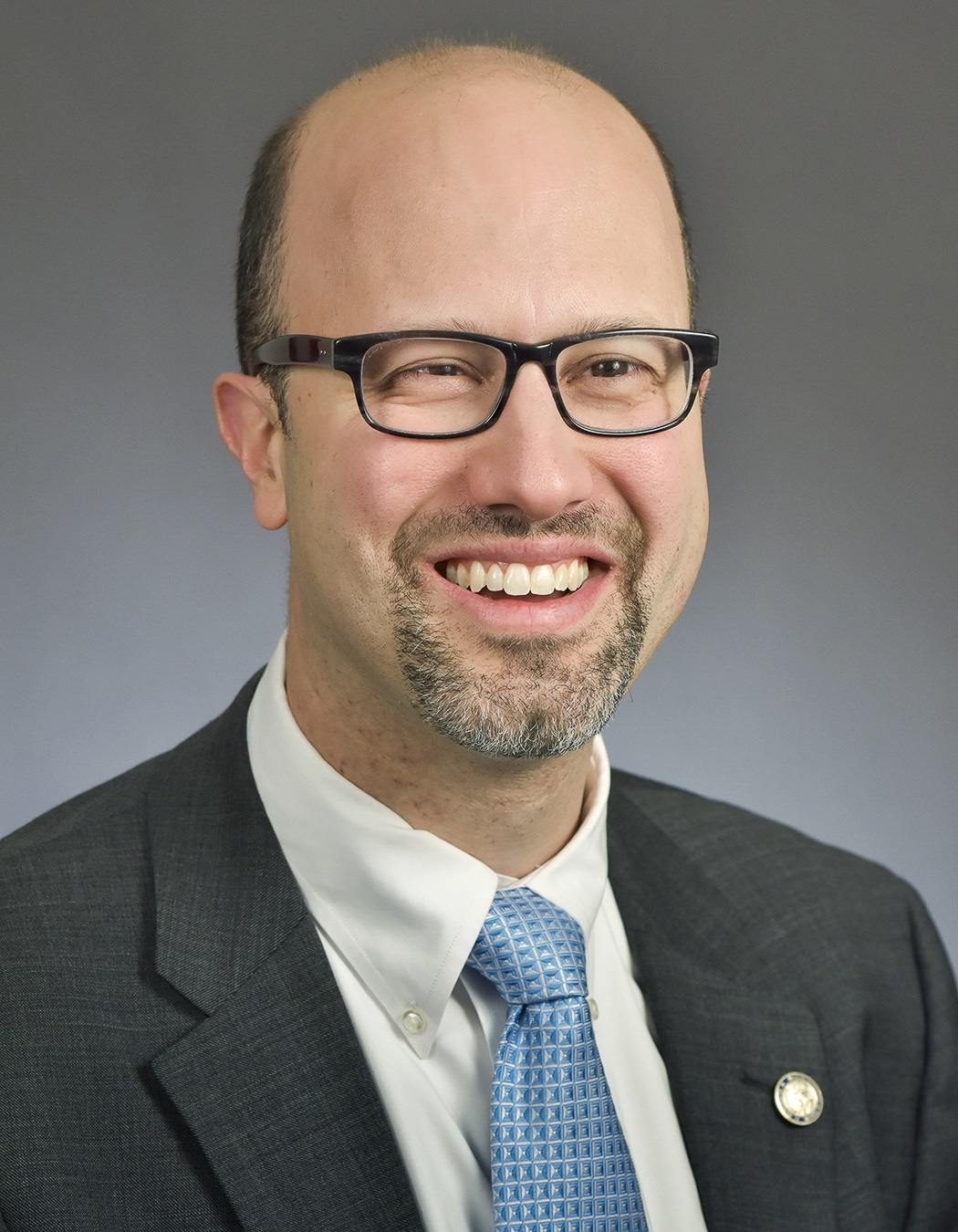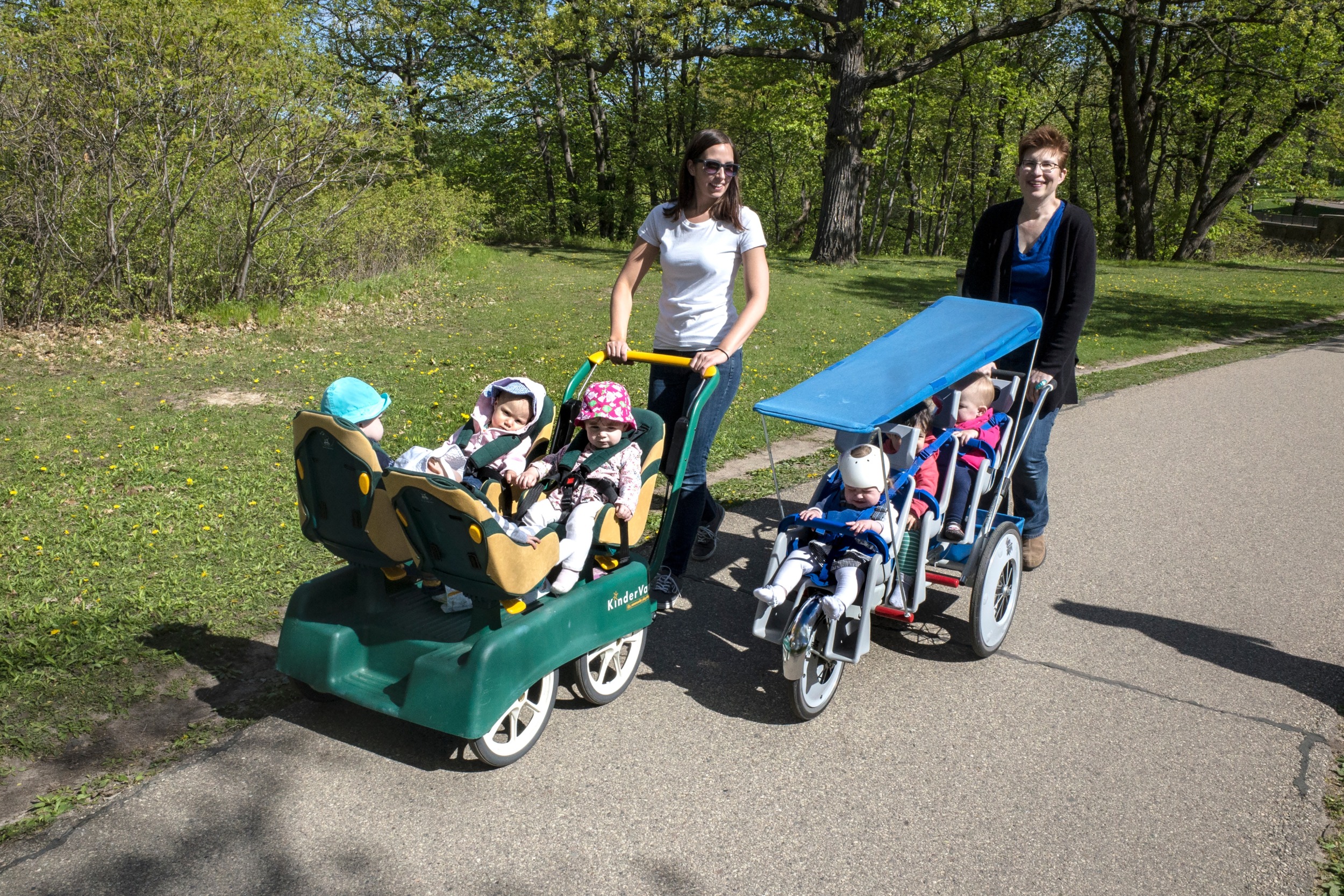In Minnesota, parents paid childcare costs among the most expensive in the country while daycare workers struggled to make a living wage.
Then the pandemic hit — and everything got even worse.
To tackle the state’s longtime problem with affordable child care, Minnesota lawmakers are now investing heavily in early childhood education, winning praise from advocates who say the state’s efforts stand out at a time when the industry needs it now more than ever. The state’s two-year budget gives half a billion dollars to increase early education workers’ pay and expands childcare funding for low-income families.
[Related: Daycare owners and parents say they are at a breaking point as federal relief funds end]
“Minnesota passed pretty robust investments in childcare this year,” said Phoebe Kilgour, communications director for Campaign for a Family Friendly Economy, an organization advocating for affordable childcare.
The American Recovery Plan Act’s $24 billion in stabilization grants helped daycare providers across the country raise wages to keep them afloat during the pandemic. The Century Foundation recently projected 70,000 childcare facilities will eventually close around the country after those federal funds ended in September, although the foundation also said states and the federal government can mitigate the blow by spending more on childcare.

Courtesy of Minnesota House of Representatives Public Information Services
Dave Pinto
State Rep. Dave Pinto, one of the Minnesota elected leaders tackling the issue, said he was proud his state was one of the first to provide its own funding in 2020 to stabilize the industry.
“We started issuing these monthly grants to providers to keep them open and have them provide care for the kids of essential workers. We expanded that as time went on,” Pinto said. “We used our federal funding through ARPA to continue those monthly payments.”
Now those monthly payments are permanently state-funded.
In May, the state Legislature created the Great Start Compensation Support Payment program to raise early childhood education workers’ pay and benefits and funded it with $316 million for 2024-25 and $260 million in 2026-27.
The influx of money doesn’t fix the problem, but the program lives up to its name: It’s a great start, Pinto said.
“Like every place, we’re still in crisis — maybe just less of a crisis,” said Pinto, a Democrat from St. Paul, Minnesota, who chairs the state House’s Children and Families Finance and Policy committee.
Childcare providers need increased government support because the model is not meant to be profitable otherwise, he said.
“We don’t expect K-12 to turn a profit,” he said, “So it’s sort of unclear to me why we would think that zero to four (age group), that would sort of work.”
[Related: Home-based childcare is a dying business. Here’s why.]
The state budget plan to boost childcare funding is part of a yearslong advocacy effort that became a reality after Democrats took control of state government and had a surplus to spend. The biggest challenge, Pinto said, was childcare and early education competing with other needs, such as transportation, higher education and K-12 education, for more funding.
Against other important needs, childcare doesn’t have a powerful lobbying force.
“Little kids don’t vote,” Pinto said. “Parents are overworked and stressed out. The people who provide (childcare) too.”
Too often, childcare and education are thought of as two separate issues, Pinto said.
Pinto called childcare and education “two sides of the same coin.” That became especially clear during the pandemic when parents dealt with childcare issues for school-aged children suddenly staying home, he said.
Minnesota is now creating a new statewide agency, the Department of Children, Youth, and Families. By July 2025, the state’s core programs for children of all ages, which are currently handled by the Departments of Human Services, Education, Health, and Public Safety, will fall under this new agency.
“Part of the reason that’s especially important in many states, including ours, is that we tend to fund programs differently depending on what they’re about,” Pinto said.
***
Gabrielle Russon is an Orlando-based journalist who covers education, tourism and business.




























